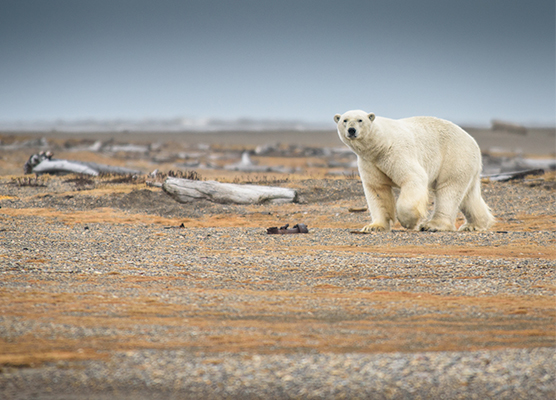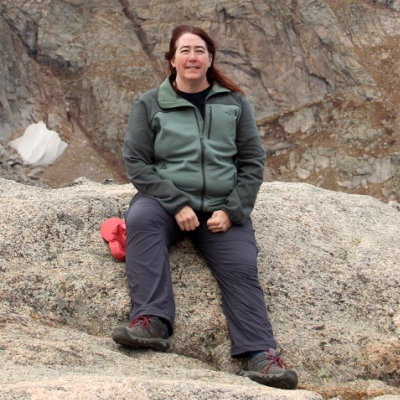
On an almost daily basis we are bombarded by mixed messages about climate in the media. Climate change is happening right now! Climate change is a hoax this is normal variation! Climate change is something we can worry about in 50 to 100 years, no need to worry about it now. Who is right? What is the truth?
This course examines the cryosphere (the parts of the world where water is frozen solid) and builds on previous Climate Certificate courses to better understand Earth’s climate system. Students will explore past climate, how scientists know what that climate was like, and how and why we believe it has changed. Turning to current evidence for climate change (sea level rise, loss of glacier mass, changes in weather systems), students will critique various climate models. Once students have established a good understanding of the science behind climate change, the course will examine potential environmental impacts around the world as well as climate policy at the federal, state and local levels in the United States and across the globe.
There are no required prerequisites for this course, although students pursuing the Certificate in Climate Change are strongly encouraged to already have completed CLCH 1600: Oceanography and CLCH 2200: Atmospheric Science prior to enrolling in this course.
This course requires the textbook Dire Predictions: Understanding Climate Change (2nd Edition, 2015) by Michael E. Mann and Lee R. Krump. (ISBN-10: 1465433643). This textbook is available from a variety of online book retailers.
*Academic credit is defined by the University of Pennsylvania as a course unit (c.u.). A course unit (c.u.) is a general measure of academic work over a period of time, typically a term (semester or summer). A c.u. (or a fraction of a c.u.) represents different types of academic work across different types of academic programs and is the basic unit of progress toward a degree. One c.u. is usually converted to a four-semester-hour course.
- Director, Graduate Programs
Dr. Yvette Bordeaux received a BS in Biology-Geology from the University of Rochester, and MS and PhD in Geology from the University of Pennsylvania. Yvette was the Associate Director for Undergraduate Programs in Earth and Environmental Science at Penn from 1998-2008, and has been Director for the Professional Master's Programs (Master of… Read more

